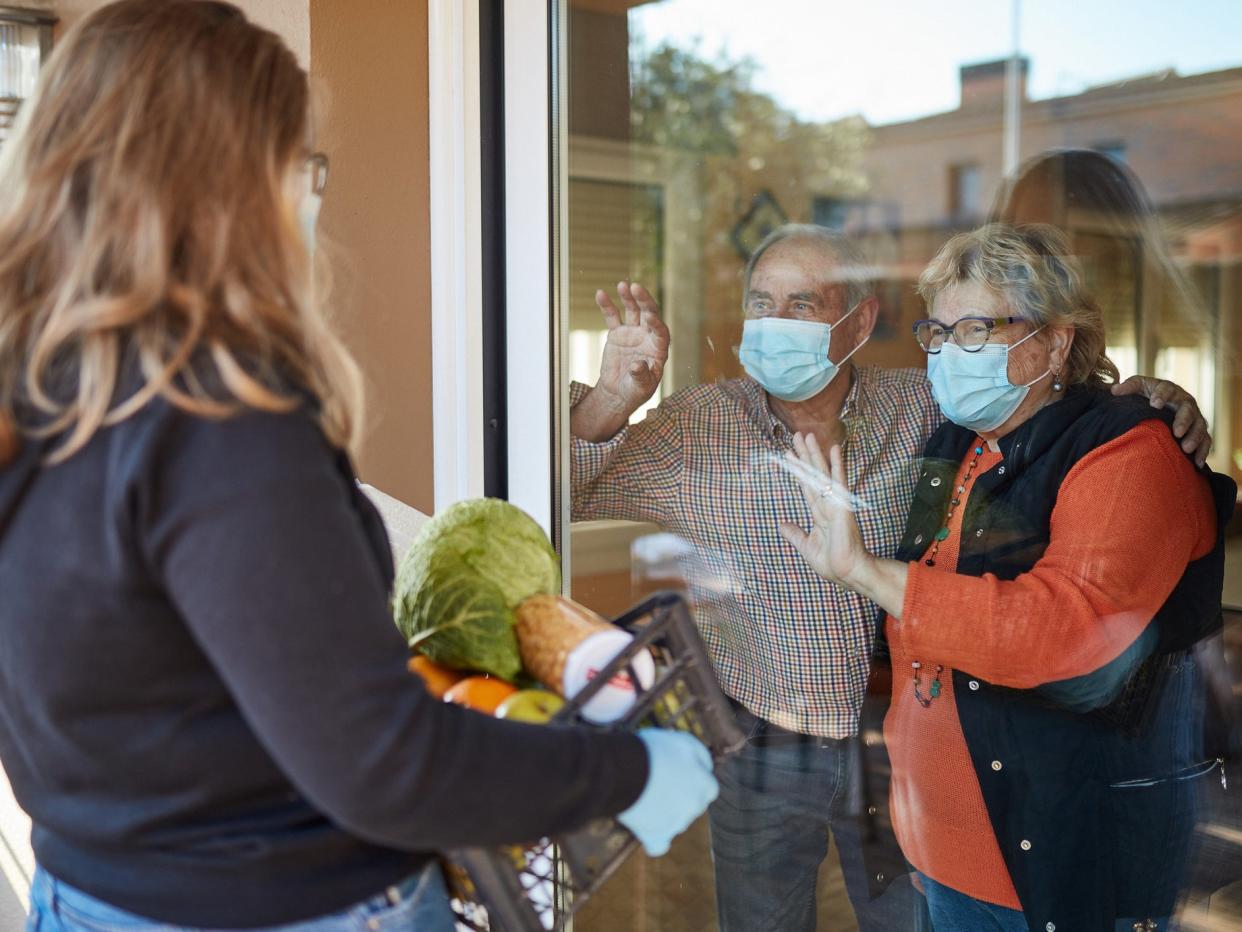Coronavirus: ‘Significant transmission’ of Covid-19 takes place in households before people develop symptoms, study finds

“Significant transmission” of coronavirus takes place in households before infected patients develop recognisable symptoms, according to new research from China.
The findings have prompted renewed warnings from epidemiologists over the vital role of contact tracing in the fight against the contagious disease which has so far claimed more than 445,000 lives worldwide.
The research was carried out in the southern Chinese city of Guangzhou during the earlier stages of the pandemic, and uncovered significant infection in households.
People aged over 60 were most susceptible, but the study found people were at least as infectious before they developed symptoms as they were during their illness.
The researchers claim the study is the first of its kind to measure symptomless transmission.
They argue it gives further backing to evidence that breaking the chain of transmission within households through tracing and quarantining close contacts, alongside case finding and isolation, could have a significant impact on reducing the number of infections.
Researcher Yang Yang, of the University of Florida in the US, who co-led the work, said: “Our analyses suggest the infectiousness of individuals with Covid-19 before they have symptoms is high and could substantially increase the difficulty of curbing the ongoing pandemic.
“Active case finding and isolation in conjunction with comprehensive contact tracing and quarantine will be key to preventing infected contacts from spreading the virus during their incubation periods, which will be crucial when easing lockdown restrictions on movement and mixing.”
Experts studied 350 coronavirus cases and nearly 2,000 close contacts for the study.
They estimated the likelihood of spreading the illness among people living together was about one in six, rising to around one in four for those aged 60 or more, and falling to around one in 15 of those aged 20 and under.
They calculated there was significant risk of infection during the incubation period, which they said was potentially higher than during the time when sufferers had symptoms.
Household transmission of the virus is believed to have contributed significantly to the rise in cases in China following lockdown measures.
Virginia Pitzer, from Yale School of Public Health in the US, who was not involved in the study, said the research underscored the importance of transmission prior to symptoms developing, as well as the increased susceptibility of older people to the illness.
The study is published in The Lancet Infectious Diseases journal.
Read more
Human exploitation of nature 'is driving pandemics like coronavirus'
Covid contact-tracing app not ready until winter, minister admits
China locks down swathes of Beijing as virus spike continues
Oklahoma records highest spike in US days before indoor Trump rally

